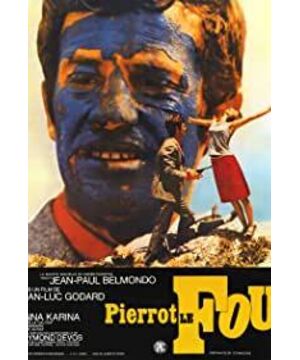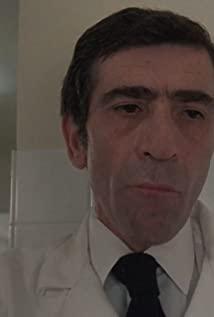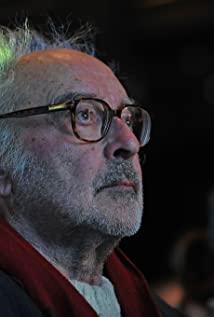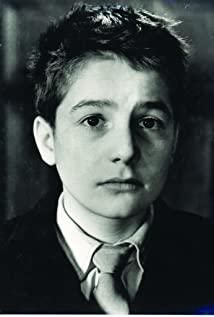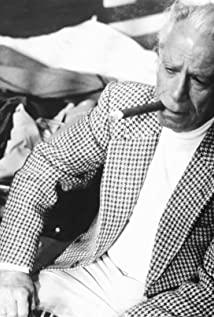After the Greek civilization came the Renaissance, which now enters the "hip age". The male protagonist, Ferdinand, married a stupid Italian woman. He wanted to divorce, but he became lazy, so he was too lazy to leave. When he attended a party organized by his father-in-law's house and listened to the boring conversations carried out by people from all walks of life, the picture changed between red, yellow, and blue. This is the color experiment that Godard has always insisted on, just like the beginning of "Contempt." After returning home, this family-loving yuppie man eloped with his ex-girlfriend, Marianne. Like previous Godard films, this film has no story at all, and the fragments of life on the elopement support the content and duration of the film. But this has to be one of Godard's wildest films, and only The Weekend comes close.
At Marianne's house, she killed a man from an arms smuggling group that Marianne also appears to be associated with. In order to escape the pursuit, Marianne and Ferdinand embark on a journey of escape. At this point, the male and female thieves under Godard's lens were born. There is a highly used dialogue between them: Marianne: "Pierro." Ferdinand: "My name is Ferdinand." Marianne will always call Ferdinand by the wrong name, which also reflects the inequality in the relationship between the two, paving the way for the subsequent plot. Marianne told strangers the story of Vivian, nephew of King William of Orange, who died in battle with 30,000 Saxons and received sympathy and monetary gifts from strangers. Ferdinand told strangers Gueneme's story but failed to get the money. The duo dropped and burned the car, resulting in the appearance of two dead. The corpse next to him, who died in a car accident, reminds people of the car accident group portraits in "Weekend" later.
The two stole another car to bring to the beach. During this period, Ferdinand became a literary and artistic intellectual who did not leave his mark with his books and his words. Reading can be done at any time and from any location.But Marianne couldn't stand the mundane life day after day, and Marianne longed for excitement. In order to raise money for the trip, they gave the American GIs a botched performance of American GI VS Vietnam Girl in exchange for money. Elements of Godard's anti-American and anti-Vietnam War political stance are heavily involved in the films of this period. Then Marina Ann killed another dwarf in the organization and ran away into the arms of another lover, Fred. After a period of time, Marianna found Ferdinand and planned to steal a huge sum of money from the organization. The infatuated Ferdinand agreed to the plan. As a result, Marianne took the stolen money and dumped Ferdinand and went to see her lover Fred again. The unbearable Ferdinand finally killed Fred and Marianne, and then hung the bomb around his neck and killed himself.
Godard follows the plot of a typical Hollywood road crime movie, but adds a lot of Godard elements. Rich colors fill the picture; a lot of obscure political and philosophical texts are spoken through the mouths of the actors. The picture and the actors become the carriers of the text, and this split and unconnected image quality reaches its extreme in the later "Weekend." Ferdinand and Marianna, the crazy and uninhibited "couple", have brought a lot of inspiration to many later outlaws and male and female thieves' movies. But the disordered, freewheeling, illogical, free, casual, rambling, playful, crazy, political, playful, rebellious, philosophical hybridity and vanguard of "Piero the Madman" cannot be replicated.
View more about Pierrot le Fou reviews


